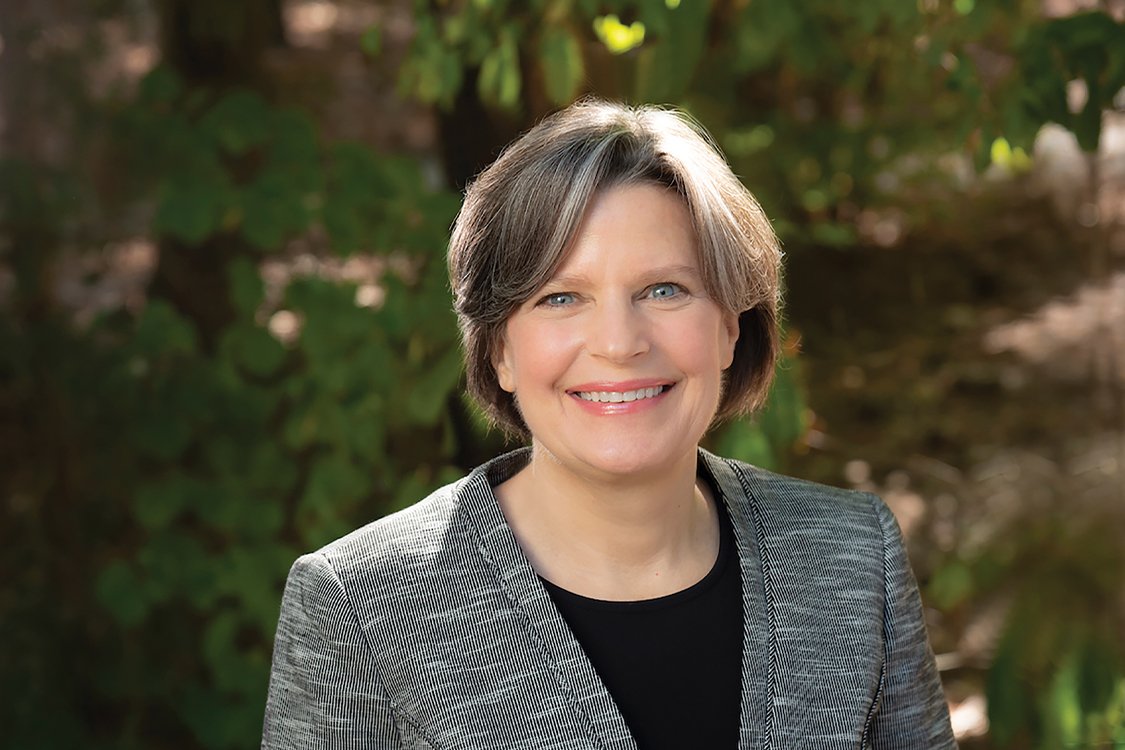
The U.S. Supreme Court heard arguments last week in a case weighing a web designer’s bid to avoid working for same-sex couples planning their weddings, claiming the government cannot make her create messages that go against her religious beliefs in violation of her First Amendment rights.
Web designer Lorie Smith of Colorado, a conservative evangelical Christian who opposes same-sex marriage, is seeking an exemption from a state law that outlaws discrimination on the basis of sexual orientation in public accommodations. Smith sued the state in 2016, arguing that she has a free speech right under the Constitution’s First Amendment to reject requests by same-sex couples because it conflicts with her own views.
Back in 2018, the Supreme Court ruled 7-2 in favor of a Colorado baker who refused to bake a cake to celebrate the marriage of a same-sex couple, again because of a religious objection.
Smith’s case made headlines earlier this month, while just last week Congress passed a bill to codify same-sex and interracial marriages nationwide. The case, 303 Creative LLC v. Elenis, has garnered national attention and prompted concerns that the ruling could either force proprietors to work in violation of their beliefs or give the green light for businesses to discriminate willingly.
We spoke with Amanda Martin, a supervising attorney at Duke Law’s First Amendment Clinic and a free speech expert, about the case.
INDY Week: Was this First Amendment issue not resolved in 2018 with the case of Masterpiece Cakeshop v. Colorado Civil Rights Commission? How does this case differ?
Martin: When Masterpiece Cakeshop was in the news that certainly was the way it was being described and discussed, that this is the case that’s going to answer that question. That case did not answer that question because of what I would call a nuance in the law, and that is that the Supreme Court made its ruling on almost a procedural basis on a matter of how the case had been handled by the Colorado Civil Rights Commission. The Supreme Court found that the commission had evidenced some hostility toward the baker’s interests, and rights, and beliefs, and so in that case the court sent the case back down … saying essentially that the process was flawed, and needs a do-over …. The court did not decide the ultimate issue of how to reconcile those issues, and that’s why we’re dealing with it yet again.
Why do you think people are so interested in this question?
I think people are interested for two or three reasons. First, yes, I do believe that the decision that comes down this time will address and at least partially answer the question. Another reason is the 6-3 majority conservative make-up of the court. Including of course some references in the Dobbs and Obergefell decisions. […] They are all interrelated because if there is no right of gay marriage, then arguably it calls into question the rights of anyone wanting a wedding website, which is the issue at play in 303 Creative.
What does this case mean for Colorado’s anti-discrimination laws?
In 303 Creative, it began as a case on two grounds: First Amendment rights and religious freedom. The Supreme Court only heard the First Amendment aspects of the case. I don’t know exactly what this is going to mean, but I think there is some importance to bear that in mind.
Lorie Smith’s argument is that application of the Colorado Civil Rights Law, if it required her to provide services to gay couples wanting a wedding site, it would amount to compelled speech. Her argument was that forcing her to create these websites would be tantamount to forcing her into an endorsement of gay marriage, and the language that her lawyer used throughout the argument was that “she believes that that is a false marriage.” And so the question the court is first going to have to ask is whether this is compelled speech.
What can we determine so far as to the potential outcome of this case and what it could mean for free speech?
The Colorado law prohibits what it describes as discrimination. It also prohibits publishing statements with intent to discriminate. What is important to understand here is that there are no websites. Smith has not begun this business and subsequently been prosecuted for violating the law. She filed a prospective action saying I want the court to determine that this law is unconstitutional, at least as it would apply to me.
And so one of the things that seems to have frustrated some of the justices is that all of the conversation in the oral argument was hypothetical. This is a case with zero evidence. She is having to argue that this hypothetical, theoretical, not-yet-in-existence website would have conveyed a message with which she disagreed. That is difficult, yet I certainly think there is a strong likelihood she will prevail in this lawsuit given the current makeup of the court and given the oral argument.
Now what that will mean exactly is difficult to answer, because it will turn in very large part to how the court decides to resolve it.
Support independent local journalism. Join the INDY Press Club to help us keep fearless watchdog reporting and essential arts and culture coverage viable in the Triangle.
Comment on this story at backtalk@indyweek.com.








